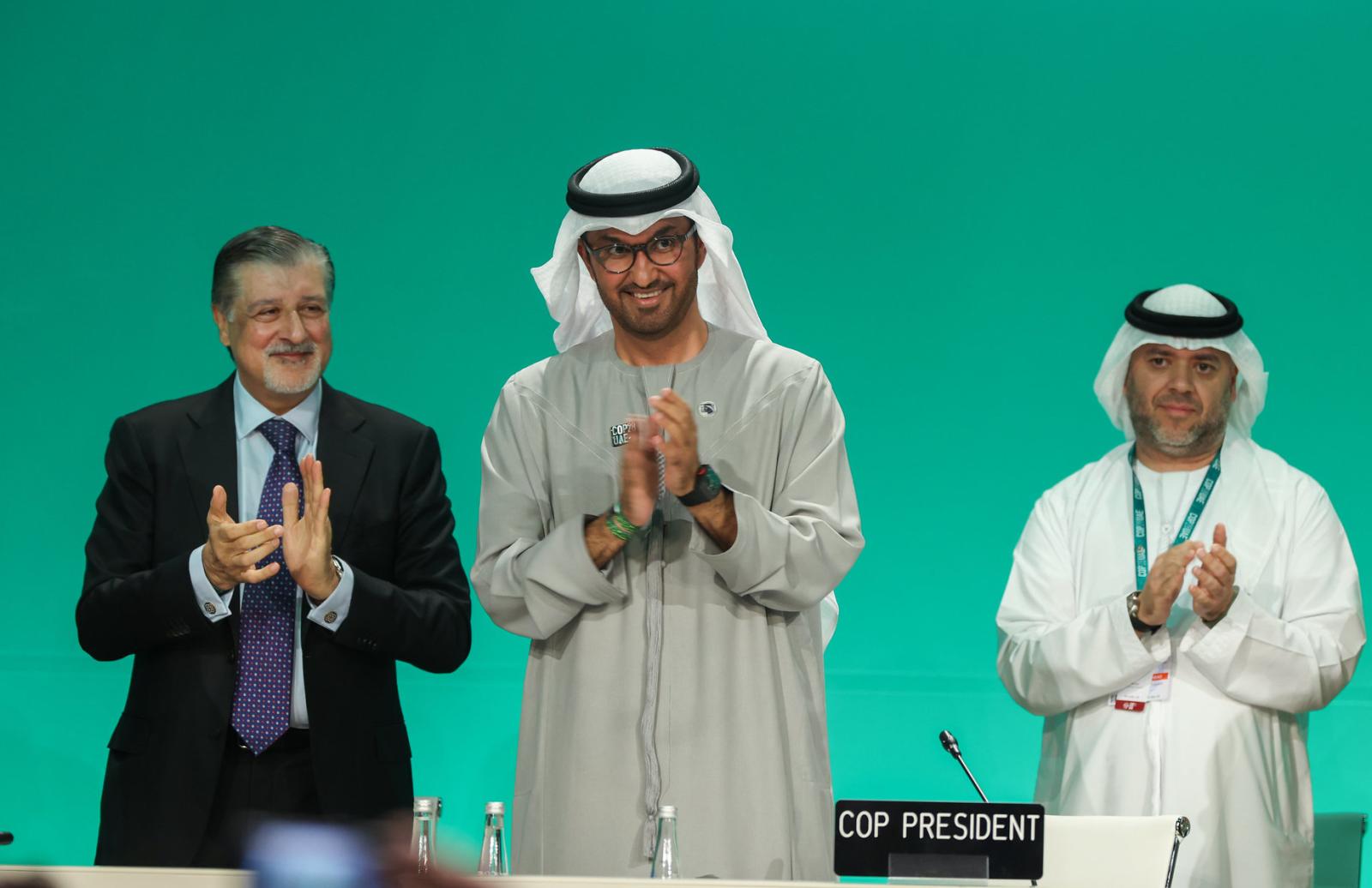Neither a silent revolution, nor a stormy one. What Africa needs is a scientific revolution that trains a new generation of scientists towards the resolution of its most urgent problems. More than 40 % per cent of Africans (out of 922 million people) have no access to safe drinking water, let alone electricity; 70% of them live on less than US$2 a day and millions are plagued by Aids, malaria or other infectious diseases.
Blessed with spectacular natural endowments and home to numerous species that reflects its biodiversity, Africa is, nonetheless, a fragile continent, highly vulnerable to climate change as well as to international pressures. Its richness in minerals and other natural resources fuels long-lasting conflicts and reinforces a chronic political instability that is detrimental to the continent's development.
When it comes to education and knowledge, gaps with the rest of the world are even wider and more severe. Africa, in fact, contributes just 0,01 per cent of the world’s share of international science publications and faces an urgent need to change the status quo: large numbers of talented scientists trained in the USA and UK are African, but most do not intend to return to their home countries. The brain drain phenomenon affects this continent more than others: there are more highly qualified medical doctors of Ethiopian origins in Chicago than in Ethiopia, and more Malawian medical doctors in Manchester than in Malawi. According to the International Organization for Migration (IOM), Africa has been losing 20,000 professionals each year since 1990. As a consequence, in medicine as well as in other sectors, there is a continuous demand for foreign expertise and consultants. This professional advice costs Africa an estimated US$4 billion every year. We stem this flow and devise effective education strategies to turn the brain drain into a brain gain. But how?
Today's world is rapidly changing. Economic and social scenarios evolve in the blink of an eye, and scientific progress and technological innovations set the pace for the rest of the planet. Therefore, science is the major key to Africa’s revival. Where should we start from?
The answer is, of course, education. Massive investments should be directed to foster high-quality baseline education. We should turn our backs to science by memorization and welcome instead science by doing - in short, we should embrace what has been called inquiry-based science education system. This should be the driving force employed to revitalize classroom lessons and spur interest in science. In parallel, competitive programmes need to be implemented at the university and post-university level for the training of young and passionate scientists in sectors such as biotechnology and nanotechnology. Both these disciplines have the potential to transform the lives of poor communities in the developing countries. They are tools to effectively shape a productive response to Africa's development and ecological challenges. In addition, they can be forged into practical applications such as water purification systems and nanosolar cells.
Africa and its global partners must collaborate in building science centres and science museums as important institutions for bringing science to the public and promoting scientific awareness and public understanding of science. Of the 2400 science centres worldwide, just 23 are in Africa and 17 of them are located in one country.
Each African country must build at least one top-rated research university, that serves as a focal point for training the next generation of problem-solving local experts. Unfortunately, the G8 pledge, made in 2003, to provide US$ 3 billion over 10 years to help build scientific centres of excellence remains unfulfilled. Still, we have to turn problems into opportunities tapping natural resources in sustainable ways for the common welfare.
Building an efficient system of communication is also an important feat. Urban and rural communities would benefit enormously from equal access to cutting-edge information and communication technologies and from the use of space technologies for exploring and monitornig the environment. Fires can severely damage Africa's key infrastructure such as electricity networks and play havoc on local townsfolk. The combination of satellite data with mobile phone technologies offers a cheap and effective tool for managing these disasters.
All these goals cannot be met without an effective strategy that links science to action, and policy to critcal social needs. Scientists are learning how to share succesful experiences in the application of science and technology, and how to engage a proactive dialogue. But there is still a long way to go, and organizations such as Twas (the Academy of sciences for the developing world), UNDP's special unit for South-South cooperation and IAP (the InterAcademy Panel on International Issues) are an essential part of the process. They speak from a platform of excellence and success when discussing scientific issues of regional and global concern and can make a big difference in this worthy endeavour.


